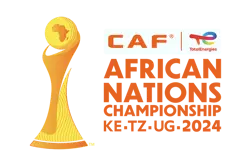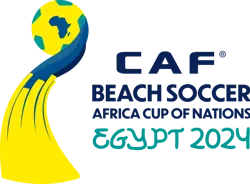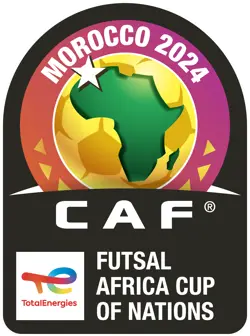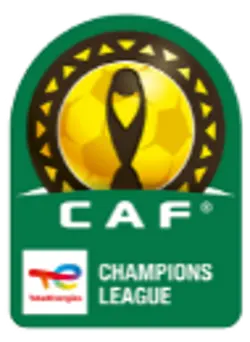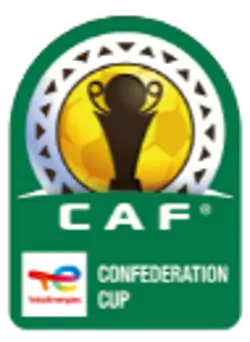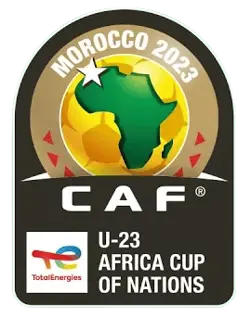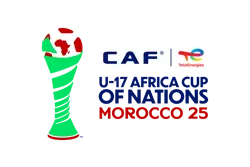U17 World Cup: Mali’s academy formula fuels another charge for glory
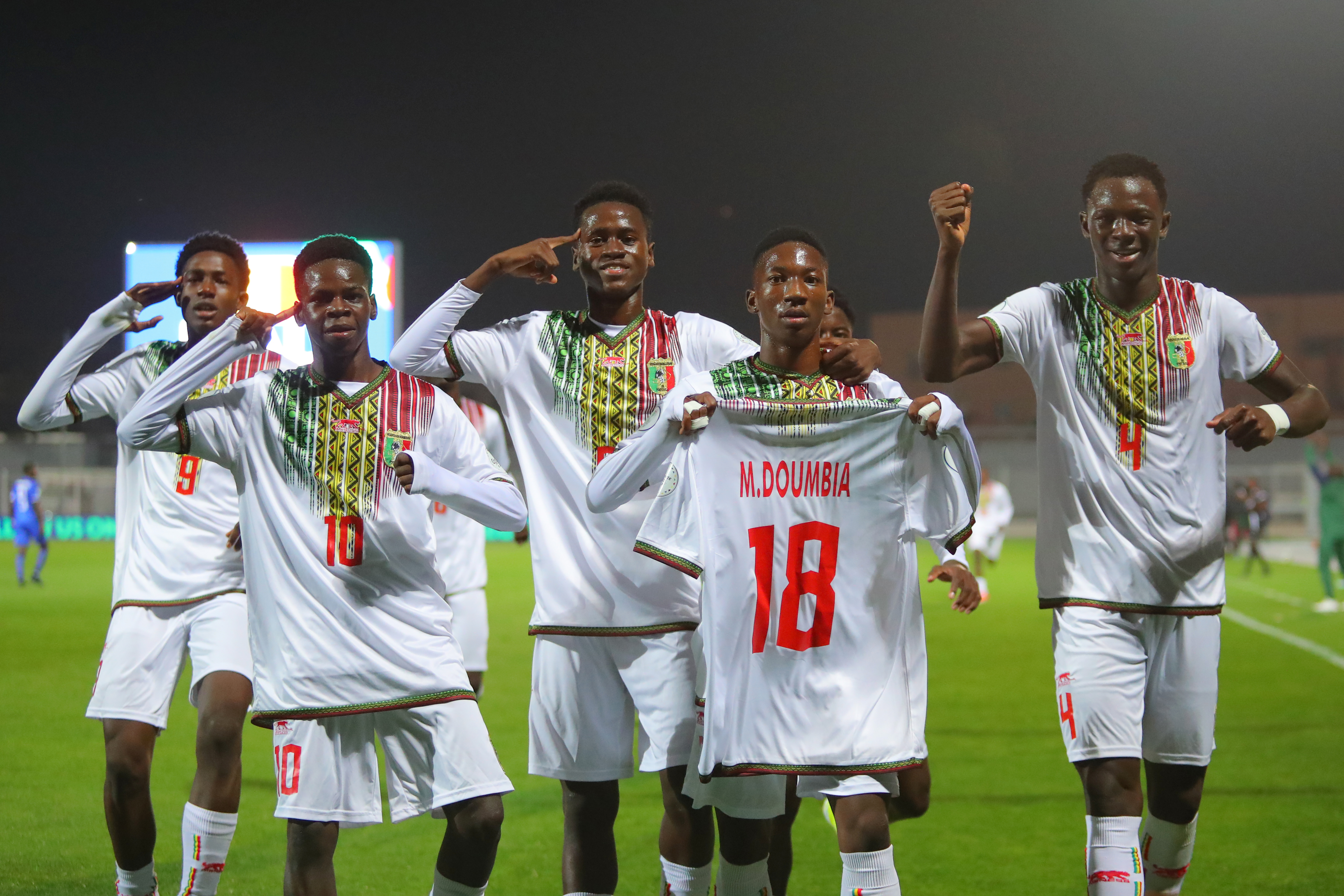
Mali have once again underlined their status as a continental youth football powerhouse by qualifying for the 2025 FIFA U-17 World Cup, set to be held in Qatar this November.
The Aiglonnets secured their ticket with a commanding 2-0 victory over the Central African Republic in the group stage of the TotalEnergies CAF U-17 Africa Cup of Nations on Friday night, confirming their dominance in a tournament where they’ve consistently impressed.
With seven U-17 World Cup appearances to date, Mali continue to show remarkable consistency and hunger. In 2023, the West African nation made a major statement by clinching third place in Indonesia, a campaign highlighted by Ibrahim Diarra winning the Silver Boot and Hamidou Makalou earning the Silver Ball. These accolades reflect years of deep-rooted investment in youth development.
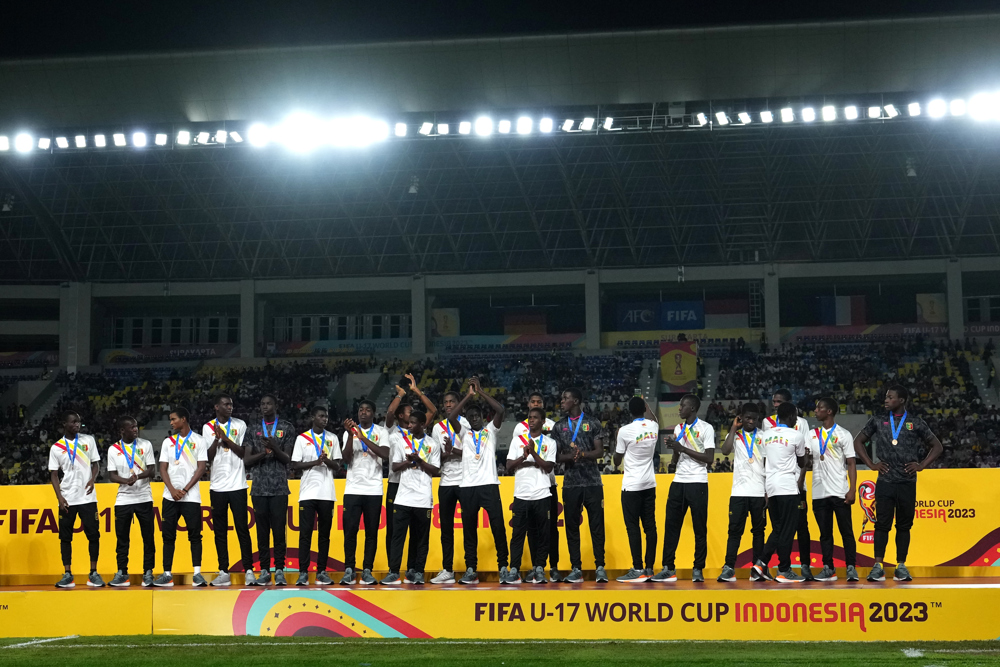
Academies at the heart of success
At the centre of Mali’s youth football revolution is a robust academy system. These institutions serve as pipelines for national youth teams, and none have been more influential than the Jean-Marc Guillou (JMG) Academy. Known for producing stars like Yves Bissouma and Amadou Haidara, JMG continues to contribute talent, including Ibrahima Diakité and Seydou Dembélé, the latter named Man of the Match against the Central African Republic.
“Our academies play a very, very important role,” said Adama Diefla Diallo, head coach of the U-17s. “If Mali keeps returning to youth tournaments, it’s largely because of them.” Institutions like the Centre Salif Keita, as well as private and federation-led structures, enable early talent identification and long-term support.
“This long-term work allows us to stay competitive in Africa and represent the continent with pride on the world stage,” Diallo added.
Passing down a legacy
Malian football is built on legacy. National icons such as Seydou Keita, U-20 World Cup Golden Ball winner in 1999, and Mahamadou Diarra, both Centre Salif Keita alumni, paved the way. Their bronze-medal journey in 1999 remains a benchmark for young players.
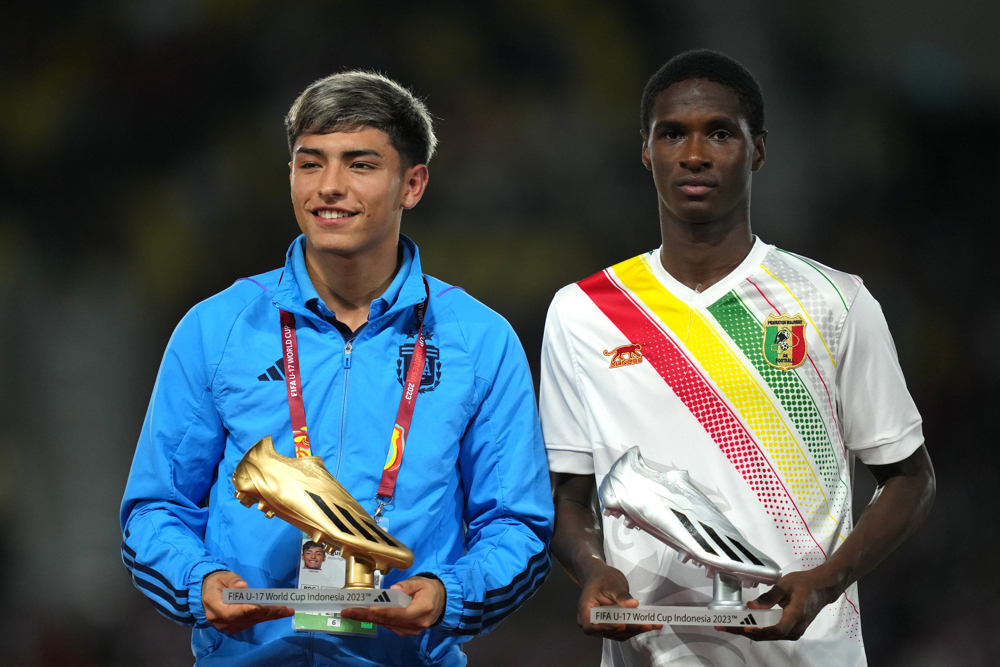
Today, a new generation is rising. Striker Ibrahim Diarra, from the Africa Foot Academy, joined FC Barcelona for a training stint in November 2024 and now wears the famous blaugrana colours—testament to Mali’s growing global reputation for producing top talent.
“We all want to surpass them,” declared rising star Seydou Dembélé, brimming with ambition.
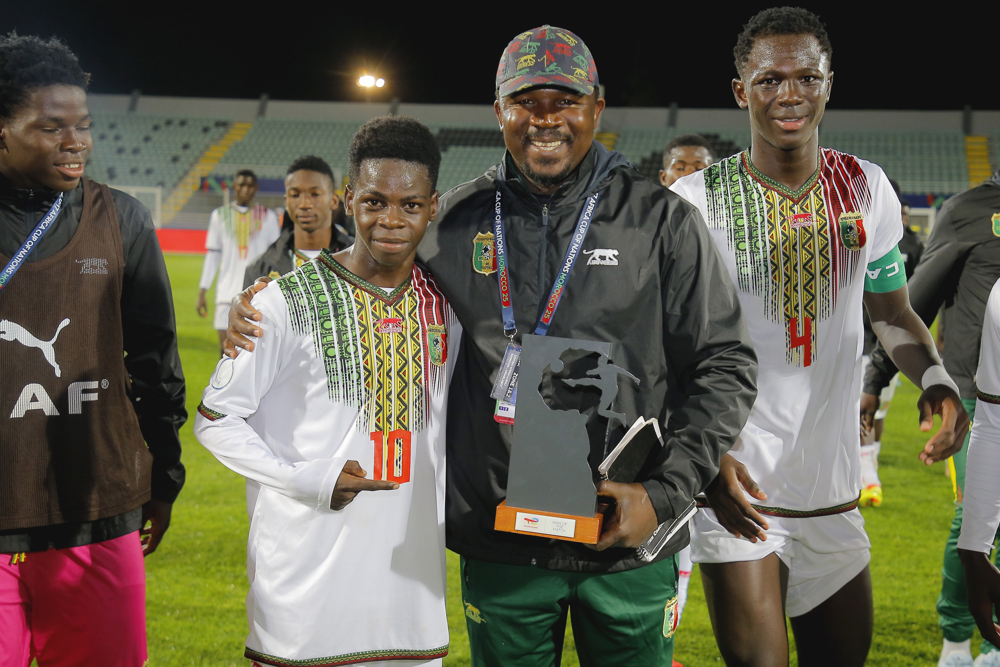
Eyes firmly on the trophy
Mali no longer hide their intentions. Finalists in 2015, third in 2023, and fourth in 1997, the Aiglonnets are a permanent fixture in the U-17 World Cup’s latter stages. But the title remains elusive.
“This time, the goal is to win it, insha’Allah,” said coach Diallo.
With a talented squad, a structured development system, and a deep-rooted footballing culture, Mali are moving forward with purpose. The dream of standing on the top step of the podium no longer feels out of reach.

